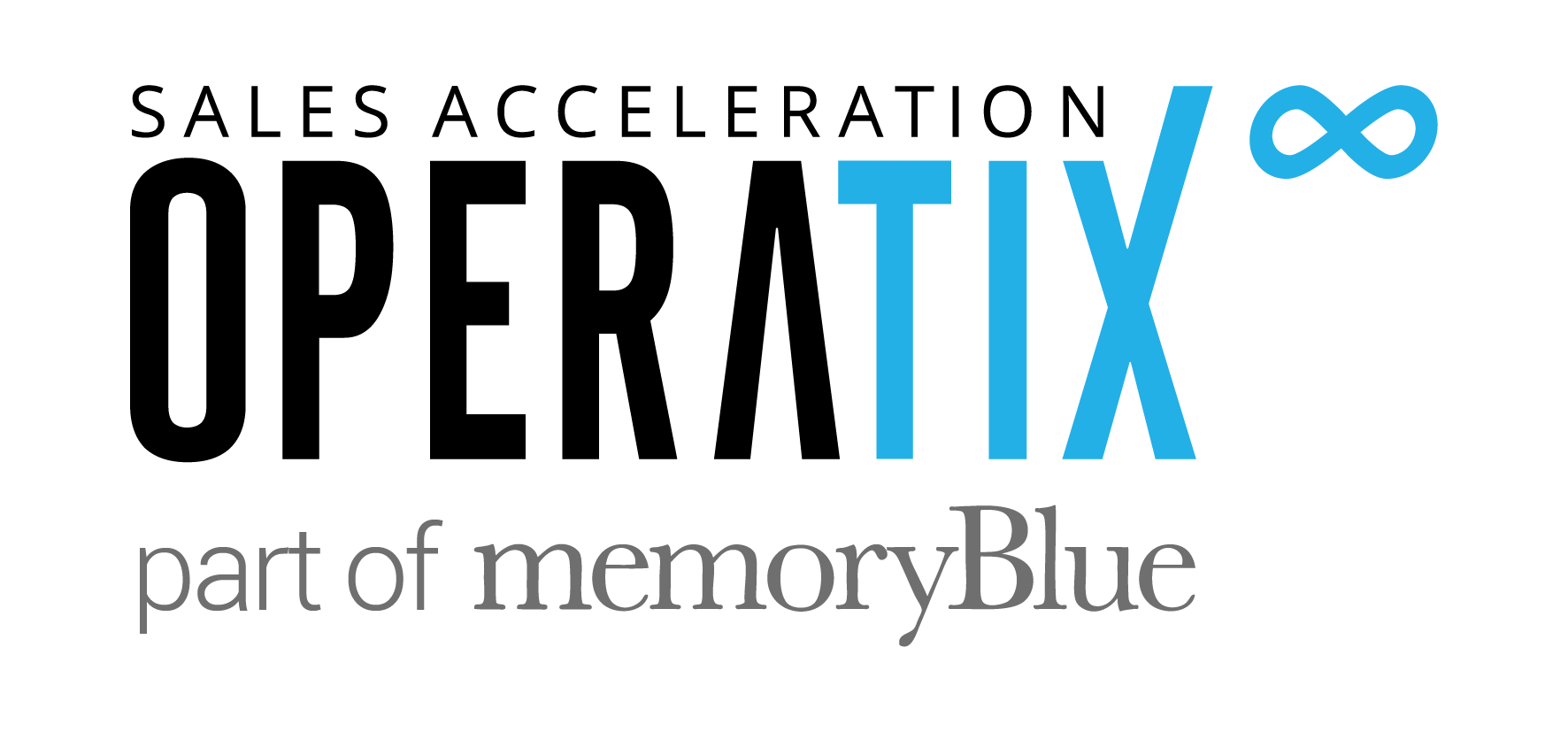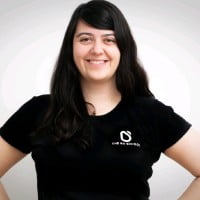The differences between sales development and business development seem to be as varied as the people who hold the roles.
It’s time to get to the bottom of what a BDR does best and the four traits that make one most successful.
Recently on B2B Revenue Acceleration, we spoke with Lucia Piseddu, Founder at The BD School, about the differences between sales development and business development.
The BD School, launched in February 2019, is the first educational platform entirely dedicated to business development. “We provide all the tools for business developers and startup founders to learn business development in a structured way, and become more effective at this job,” Lucia said.


When we think about business development, there isn’t just one definition that everybody agrees on. But one thing is for sure, business development involves a lot more than just sales.
Lucia Piseddu – Founder at The BD School
SDRs vs. BDRs in B2B Tech
In this B2B tech world, there seems to be completely different terminology and definitions for BDRs and SDRs, LDR or MDRs… Everyone is trying to segregate the different functions of this individual. There isn’t right or wrong with the definition, as long as the company is aligned on what it stands for and what the responsibilities are.
Lucia’s goal, as Founder of the BD School is to be an ambassador for her company in explaining why business development is much bigger than what people may think.
She also separates sales development from business development: “When we think about business development, there isn’t just one definition that everybody agrees on. But one thing is for sure, business development involves a lot more than just sales.”
Lucia says: ”When sales just renamed itself to business development with the exact same goals of closing deals, the negative perception of sales started to rub off of business development, too.
This is how Lucia perceives the difference between them, especially in a Start-up environment:
Sales Development
- Focused on closing the deals
- Has a precise customer profile
- Contacts many prospects at scale
Business Development
- Focused on finding opportunities
- Has a loose ideal customer profile
- Invested in company’s sustainable growth
“As a business developer, what you’re doing is actually to find new ways to grow the company,” Lucia said.
Her research and strategy showed that the first challenge was to define that business development is just not about calling the client but it’s about creating new processes and tasks that are meant to grow the company with long-term value.
Once business development has an ideal customer profile, it asks what else can be done to grow the company besides just gaining clients.
“That’s really the mindset shift that makes all the difference,” Lucia said.


As a business developer, what you’re doing is actually to find new ways to grow the company.
Lucia Piseddu – Founder at The BD School
More than emails
One big surprise that Lucia discovered with a survey of BDRs was how involved they get in assessing product-market fit. There are some types of business developers that only speak to prospective customers to understand if there would be a fit for their product in the market. They then feed that back to the product development team that can work on further developing their solution
And there are some business developers that only work on opening up new markets.
And there are some that are very sales-focused. It’s such a complex field.
“My idea is that most of the time, we’re actually wasting talent,” Lucia said. BDRs could have the job of just setting meetings for AEs… or they could come up with new ways to find opportunities.
Lucia sees the ideal position of BDR as residing between the sales team and the growth team. For example, she campaigned to launch a webinar in 2017 as a way to sell software — and it worked.
“Let me use my creativity,” she said. “This new stuff comes from observing what’s happening around you, which is a big part of the job of the business developer.”
BDRs are so much more than sending emails and making calls, and we need to recognize the potential of these members of our team.


Creativity, learning agility, adaptability, and persistence. So if you have CLAP in you, then you can make it.
Lucia Piseddu – Founder at The BD School
What makes a great business development professional?
After gathering data from over 1,000 business developers, as well as her own experience in the BDR role, Lucia found four essential traits that make the acronym CLAP:
1. C – Creativity
Good business developers are very creative in order to come up with new growth opportunities. Most managers want proactive business developers who excel at thinking outside of the box.
2. L – Learning Ability
As a business developer, you need to love learning. A big part of the job is to be attentive, curious, and investigative.
3. A – Adaptability
Without adaptability, we don’t move forward. But especially in business development, you need to be able to bring value to all the different people you reach, both internal and external.
4. P – Persistence
Persistence is key. Whenever you’re starting something new, you’re never going to convince anyone in just one email, one call, or one handshake. You need to build up trust over time with persistence by simply contacting people as long as it’s needed.
“This one’s creativity, learning agility, adaptability, and persistence. So if you have CLAP in you, then you can make it,” Lucia said.
Get in touch with Lucia on LinkedIn or at theBDSchool.com.
To hear this interview and many more like it, subscribe to The B2B Revenue Acceleration Podcast on Apple Podcasts, on Spotify, or on our website.




